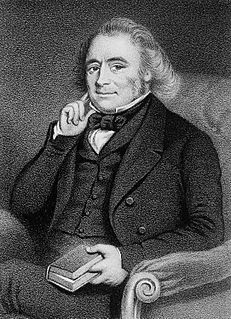A Quote by John Milton
A good principle not rightly understood may prove as hurtful as a bad.
Related Quotes
A certain secret jealousy of the British Minister is always lurking in the breast of every American Senator, if he is truly democratic; for democracy, rightly understood, is the government of the people, by the people, for the benefit of Senators, and there is always a danger that the British Minister may not understand this political principle as he should.
The Americans, on the contrary, are fond of explaining almost all the actions of their lives by the principle of interest rightly understood; they show with complacency how an enlightened regard for themselves constantly prompts them to assist each other, and inclines them willingly to sacrifice a portion of their time and property to the welfare of the state.
When it comes to partisan politics, everyone is a hypocrite. And all they care about is whether it hurts or helps them ... Is it good or bad for the Democrats? Is it good or bad for the Republicans? Is it good or bad for Jews, or good or bad for blacks, or is it good or bad for women? Is it good or bad for men? Is it good or bad for gays? That's the way people think about issues today. There is very little discussion of enduring principles.
I actually think, when you're young, ambitions are somewhat common - you want to prove yourself. It may grow out of different life experiences. You may want to prove that you are worthy of the admiration of the demanding father. You may want to prove that you are worthy of the love of an absent father.
Curiously, a principle affects your life whether you are aware of it or not. For instance, the principle of gravity was working long before the apple ever fell on Newton's head. But once it did, and he understood it, then we as a society were free to harness this principle to create, among other things, airline flight.







































